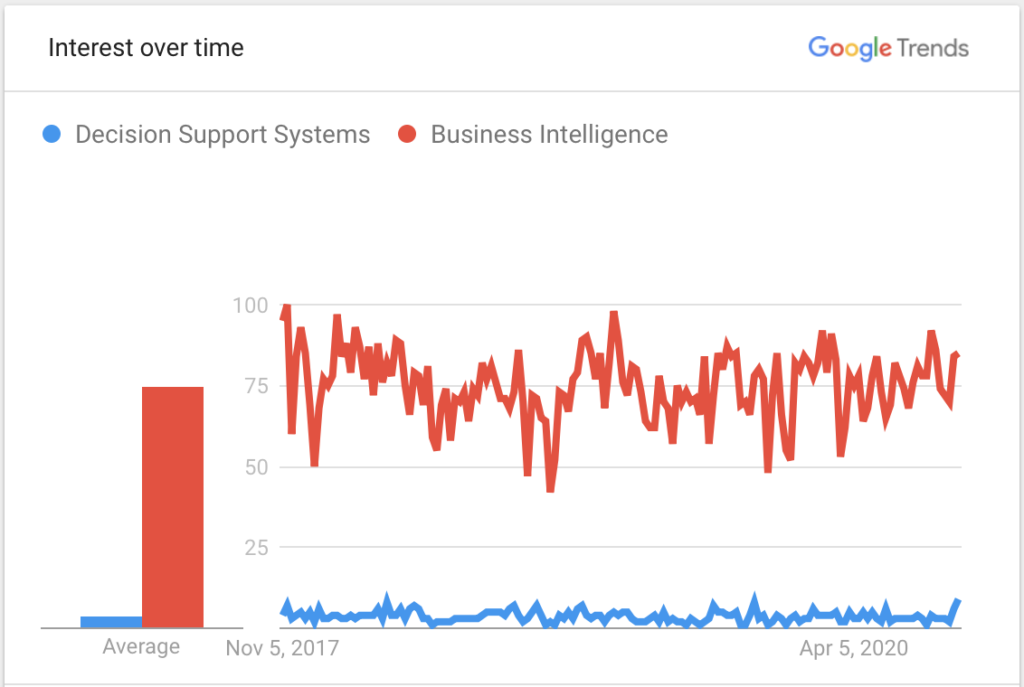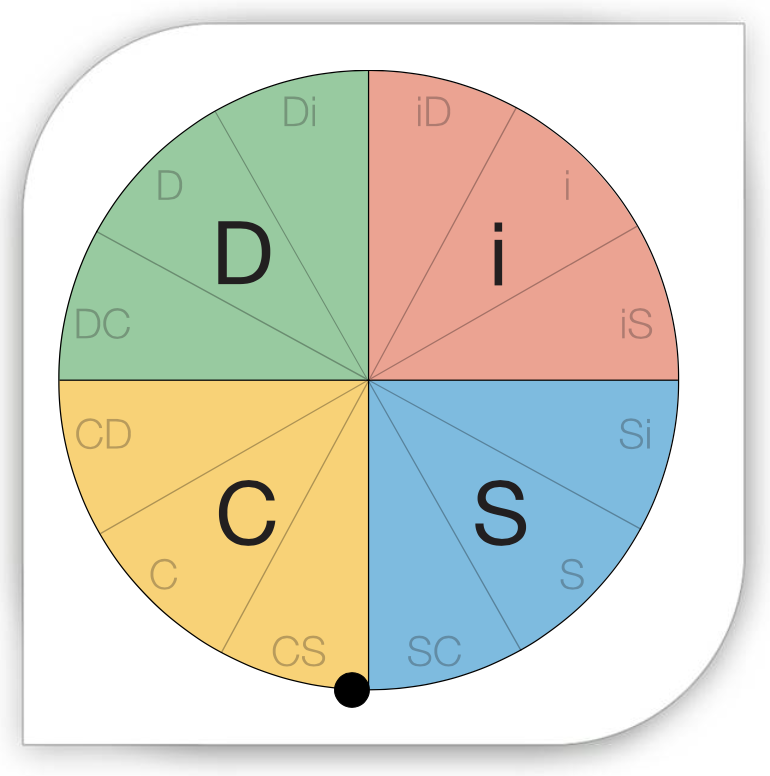About Chris Adragna
Thank you for having interest in me and what I do. I am very fortunate. Not only do I work out of my own home. I am doing exactly the type of work I was meant to do, and by the end of this page I am sure you’ll agree.
My career has always provided me with a variety of technical challenges to exercise my mind. Plus I’ve worked alongside a number of talented co-workers and clients, enriching me even more. I have been an employee at companies both very large and very small. I even took the plunge and started my own company, Biziteks. It grew rapidly year after year and achieved Microsoft Gold Certified status in the business intelligence and networking specialties. I achieved the proverbial American Dream, but every day was harder and faster than the day before.
These days, my career goals aren’t to keep rising higher and higher. I no longer desire rapid growth. Nor am I dedicated to entrepreneurship. I still enjoy information technology, but I don’t like to pushing clients into every new innovation that comes out.
Experience has taught me that working with data is my innate talent. Finding success means simply finding clients who need someone like me, and do, for them, work that I can be proud of.
Chris Adragna
DSS, Old School BI
Specializing in Business Intelligence was inevitable for me. Remember those career placement tests we took in high school? I took one in tenth grade, and mine said the best career for me would be Decision Support Systems. Maybe that doesn’t sound familiar, but it’s an old term for what we now call Business Intelligence. The term Decision Support Systems (DSS) fell out of favor in the early 1990s.

SQL Opened Doors for Me
When my career was just budding, I failed to take the advice of the career test. I didn’t venture into DSS, but I wasn’t far off. The allure of technology, itself influenced me, a common trap — even today. I began working for a computer networking company during the time that local area networks (LANs) exploded onto the scene. Eventually my contacts with that job led to a position with Apple as a systems engineer.
Later, while working at Raytheon, I expressed my desire to move out of I.T. and shift into a programmer/analyst role, but my director discouraged it because my customer service skills were exceptional and she needed me to stay in a user-facing role. Nevertheless, I applied for an internal posting of a business analyst position, and I got the job. That enabled me to learn SQL, it was 1993.
At the same time, I did some freelance work with a newspaper to convert all of their listings data into a SQL database, and publish that online. Eventually, my side work became my full-time employment and I left Raytheon. As my career became more established, I was assigned leadership positions, managing I.T. infrastructure and staff, but also always held on to my programmer/analyst responsibilities. As a matter of fact, this blend of experience helped me build a successful business, Biziteks (pronounced like “busy techs”).
During the time I established my career, so too, did Microsoft establish its data platform, Microsoft SQL Server. We both kept adding new capabilities along the way. I created a timeline of my SQL experience that depicts my side of the story. (By the way, I communicate more clearly than the team behind the Microsoft SQL Server website, they need to catch up… I kid.)
Bringing it Home
My company grew consistently. It was established in Orlando as the leading provider of I.T. services to the legal community with over 100 law firms and more than 200 active clients overall. I sold the business, and my plan was to developing a software product that would create documentation for I.T. departments. However, before I started developing the software, a number of opportunities fell from the sky. I took on some project work that utilized my SQL skills, and I just never stopped. I don’t regret abandoning my plan to develop and sell a software product. It turns out that I prefer the simpler life working as a modern day craftsman.
Building On Top of SQL
When I started my freelance practice, I positioned myself as a SQL developer who created reports with SSRS (Microsoft SQL Server Reporting Services). My client work provided me with opportunities to expand my reach into creating full reporting solutions, ETL jobs using SSIS, data warehousing, tabular modeling, Power BI and Tableau. I am grateful for that, and all of the people who have entrusted me with their work along the way. I love what I do, and it shows in my results.
I am happy about covering so much ground with my skillset, but I know that every project demands more than just the skills that are specified to do the job — soft skills, so to speak. I think that the right set of soft-skills, but I will leave that up to you.
Myers & Briggs: INTJ
One way to look at soft-skills in a measure-able sense is through profile testing. It’s not practical for me to re-take that career-assessment placement test I took as a high-schooler, but there are a number of different profiling methods used in the workplace. One of those is from Myers & Briggs.
Using the Myers & Briggs Type Indicator (MBTI), I categorize as being an INTJ. That personality type is a perfect match for my line of work.
Here are the traits of an INTJ:
- Vision oriented
- Quietly innovative
- Insightful
- Conceptual
- Logical
- Seeks understanding
- Critical
- Decisive
- Independent
- Determined
- Pursues competence, improvement.
DiSC Style: CS

Using the DiSC assessment by Wiley, I have the style CS. Those letters stand for conscientious and steady — two terrific traits for your freelance developer to have. My dot location is all the way out to the edge of CS, which means I have very strong inclinations toward those traits (see in the accompanying image). The DiSC report goes into great depths, and it’s amazing how accurately it portrays me.
According to my DiSC report, these are factors that motivate me:
- Catching errors or flaws in design
- Maintaining high standards
- Bringing order to a project
- Supporting people when they face a challenge
- Solving problems through logic
- Providing in-depth analysis
- Ensuring accuracy and precision
- Working steadily toward a goal
- Being an expert
Alignment Test: Neutral Good
The Alignment System is a profiling method that isn’t clinical like the two listed above. Actually, it originated in the game Dungeons & Dragons! However, it is widely shared because it categorizes morality very nicely. According to this test, my alignment type is neutral good. As it pertains to work, this means that I am introspective and trustworthy. Again, these are good traits to have in your freelance developer.
A neutral good person does the best that a good person can do. They are devoted to helping others. They work with kings and magistrates but do not feel beholden to them. A person who helps others according to their needs is neutral good. Neutral good is means doing what is good without bias for or against order.
D&D Player’s Guide
Learn More
There is also a virtual interview on this site, plus a number of other articles and details which I have assembled with the goal to convince you I am not only competent as a developer, but also professional and fair. There is no better way to come to that conclusion, however, than for you to contact me and find out first hand. Send me an email, and I promise you won’t be passed on to a sales department, or a closer. I won’t add you to my email list because I don’t have an email list.
It’s just me. I’ll be pleased to hear your questions, and hopefully I can earn your trust.
Email: chris@majorleaguereports.com
Phone: 407-865-4940
